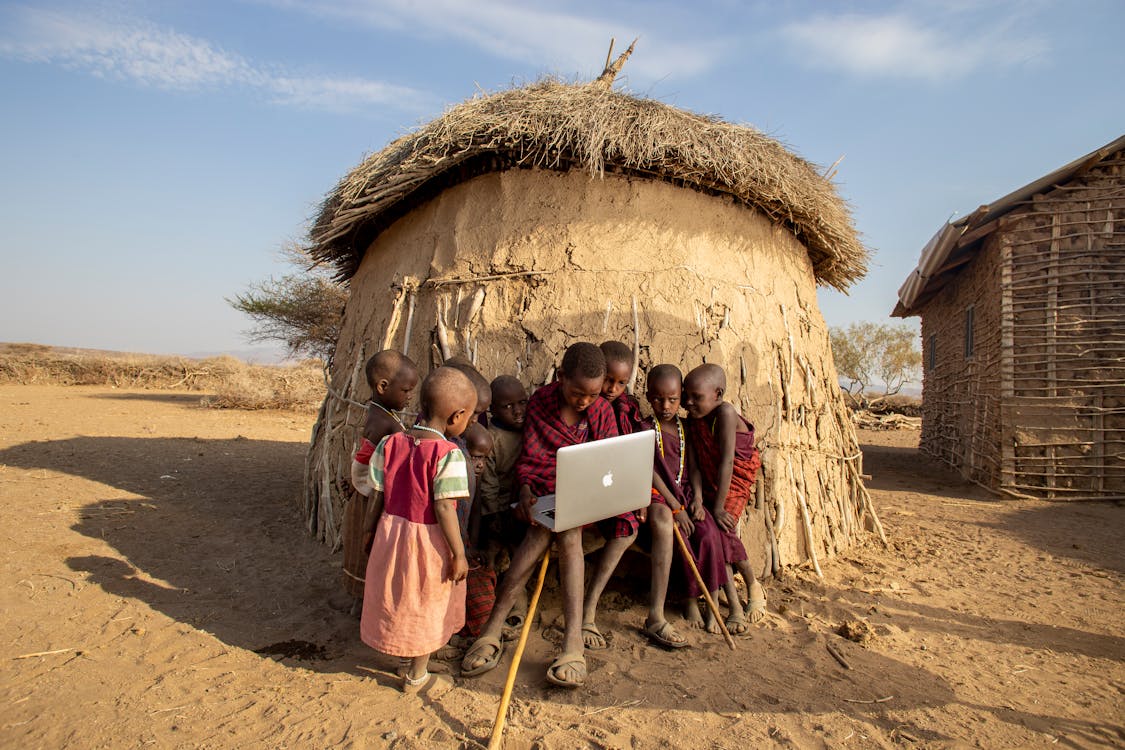It’s mind-boggling, even before COVID-19 hit more than 132 million school girls globally were out of school because of poverty, child labor, war, exploitation, lack of infrastructures, early marriages and /or pregnancy, cultural issues, lack of access to sanitary products and a prevalent attitude in some communities that “education for boys is more important than education for girls.” Can you imagine? The audacity!
Then after COVID-19 hit, more dropouts from school were experienced as students were expected to transition to online learning. However educators and policy makers globally were thinking of ways to manage the crisis of school closures and this is what they found. According to UNESCO, April 2020 publications:
- Globally, 50% of students [ 826million] don’t have a computer at home.
In Sub – Saharan Africa, 89% of learners [ 216 million] don’t have a computer at home. - Globally, 43% of learners ( 706 million) do not have household internet.
- In Sub – Saharan Africa, 82% of learners ( 199 millions) do not have house hold internet.
- Globally, 56 million learners can not use mobile phones to access information because they are not covered by mobile networks.
- In Sub – Saharan Africa, 26 million learners are not covered by mobile network.
This means online learning is unsustainable in developing countries like Zambia. However, they found that changes in online learning platforms show promise for increasing access to education in the developing world, including:
- Ability to download course videos and other educational material rather than only streaming.
- Open-sourcing of platforms allows more universities to post online courses and software programmers to experiment with customized interfaces.
- Providing real-world certifications, regardless of location.
- Combining online learning and traditional physical classroom learning.
So it seems that once content is created in languages other than English, infrastructures are improved, and digital mobile hardware catches up, online education has the potential to change lives in developing countries.
Despite the unpleasing numbers above in relation to tech and internet, entrepreneurs in the developing world have decided to join the educators and policy makers to solve the crises of school dropouts and lack of online learning infrastructure. For example in Zambia, a company known as Zambian Online Education Company (“ZOEC”) are doing this by providing high quality educational content through free E-learning platforms:
1. zedpastpapers
2. eskulu
All educational materials on these platforms can be downloaded at no cost to the student. This way students can study even from the comfort of their homes. This in turn can reduce dropout levels during unpredictable closures due to COVID-19 by giving them a superior online learning alternative .
Raise your hands for excellence in education for both our girls and boys. Education is a right not a privilege. Let’s all get it moving.
-By Darlingtone Lipekesa
13th November, 2021

